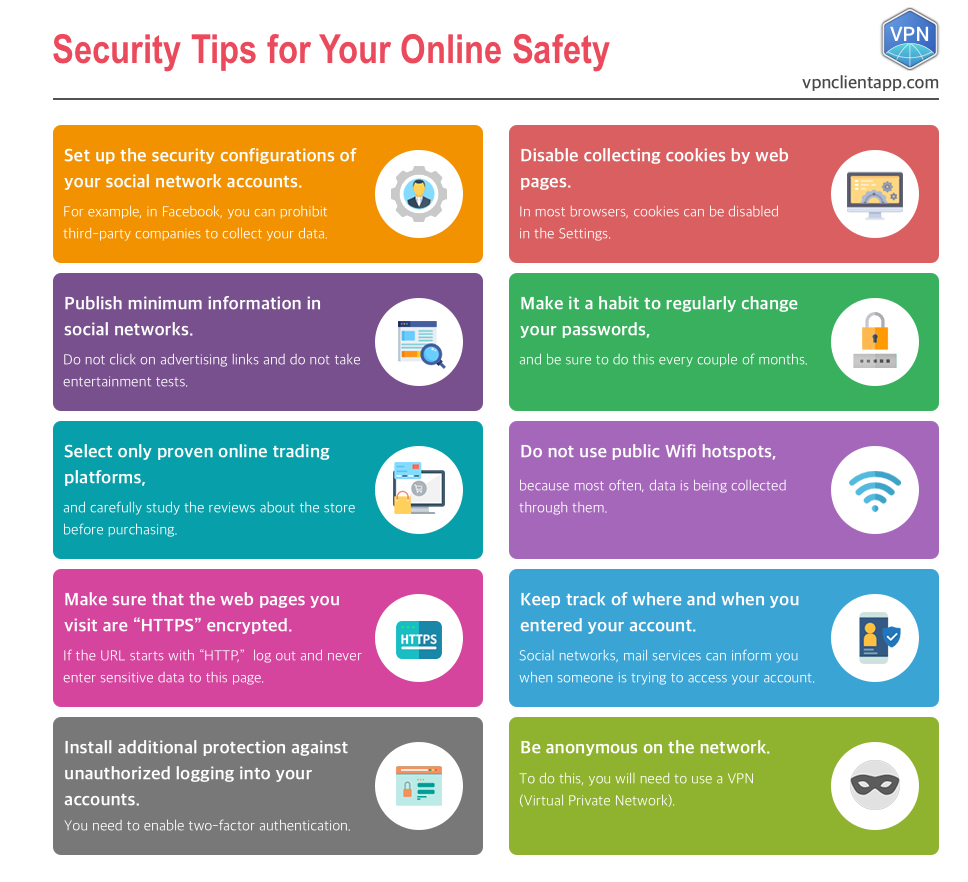
Let’s take a minute to talk about better understanding Your Computer, specifically Web Browsers.
Web browsers allow you to navigate the internet.
There are a variety of options available, so you can choose the one that best suits your needs.
How do web browsers work?
A web browser is an application that finds and displays web pages.
It coordinates communication between your computer and the web server where a particular website “lives.”
When you open your browser and type in a web address or “URL” for a website, the browser submits a request to the server, or servers, that provide the content for that page.
The browser then processes the code from the server which is written in a language such as HTML, JavaScript, or XML.
Then it loads any other elements such as Flash, Java, or ActiveX that are necessary to generate content for the page.
After the browser has gathered and processed all of the components, it displays the complete, formatted web page.
Every time you perform an action on the page, such as clicking buttons and following links, the browser continues the process of requesting, processing, and presenting content.
How many browsers are there?
There are many different browsers.
Most users are familiar with graphical browsers, which display both text and graphics and may also display multimedia elements such as sound or video clips.
However, there are also text-based browsers. The following are some well-known browsers:
- Internet Explorer
- Firefox
- AOL
- Opera
- Safari – a browser specifically designed for Mac computers
- Lynx – a text-based browser desirable for vision-impaired users because of the availability of special devices that read the text
How do you choose a browser?
A browser is usually included with the installation of your operating system, but you are not restricted to that choice.
Some of the factors to consider when deciding which browser best suits your needs include
Compatibility.
Does the browser work with your operating system?
Security.
Do you feel that your browser offers you the level of security you want?
Ease of use.
Are the menus and options easy to understand and use?
Functionality.
Does the browser interpret web content correctly?
If you need to install other plug-ins or devices to translate certain types of content, do they work?
Appeal.
Do you find the interface and way the browser interprets web content visually appealing?
Can you have more than one browser installed at the same time?
If you decide to change your browser or add another one, you don’t have to uninstall the browser that’s currently on your computer.
You can have more than one browser on your computer at once.
However, you will be prompted to choose one as your default browser.
Anytime you follow a link in an email message or document, or you double-click a shortcut to a web page on your desktop, the page will open using your default browser.
You can manually open the page in another browser.
Most vendors give you the option to download their browsers directly from their websites.
Make sure to verify the authenticity of the site before downloading any files.
To further minimize risk, follow other good security practices, like using a firewall and keeping anti-virus software up to date.
Now you know the basics about web browsers, and better understand your computer.
I’ll see you in my next post!



